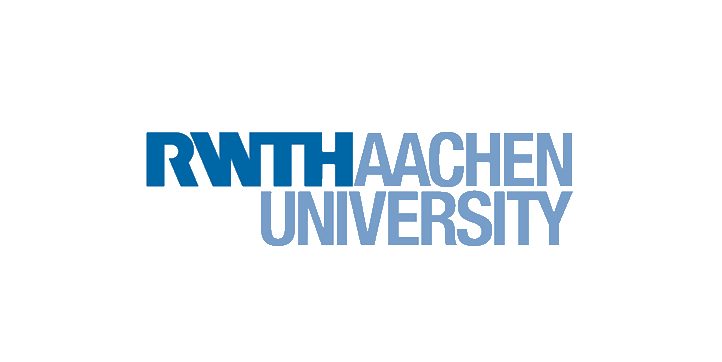RWTH: New recycling process for phosphates
Dr. Jonas Christ was yesterday awarded the 50,000 euro innovation prize of the state of North Rhine-Westphalia in the young talent category for his work at the Institute for Applied Microbiology at RWTH Aachen.
At the chair of Professor Lars M. Blank, he developed a recycling process in which baker’s yeast absorbs phosphate and converts it intracellularly into so-called polyphosphate. Either pure organic polyphosphate or polyphosphate-rich yeast extract can then be obtained from the loaded yeast.
Phosphate is an irreplaceable mineral in the diet of all living things. Humans are made up of around three percent phosphate. The fossil phosphate ore reserves are mined mainly in Morocco, but also to a lesser extent in the USA, China and India and processed into phosphate fertilizers. Plants are fertilized with phosphate, people then ingest the phosphate through their food. Ultimately, the phosphate is washed out into the rivers and thus the seas. New fossil phosphate ore reserves are formed there over millions of years. However, much more phosphate is broken down than is naturally reproduced.
Phosphate ore resources will be depleted in less than 40 years in the United States, China and India and in a few hundred years worldwide. “So there is a problem analogous to petroleum, but phosphate cannot be replaced. Phosphate shortage is an often overlooked global problem. This is where my research starts. An interdisciplinary use of microbial, chemical and physical processes is crucial to solving this problem, ”explains Christ.
The process, which he developed as part of his doctorate, allows for the first time to biotechnologically extract the valuable polyphosphate for use in food from unused phosphate waste streams. “Polyphosphate is a more valuable end product than simple phosphate, has different chemical properties and is suitable for other applications, for example in food production,” explains Professor Blank.
Two products developed
Ultimately, two products were developed: a polyphosphate-rich yeast extract based on baker’s yeast and pure organic polyphosphate. The yeast extract has already been successfully tested by a cooperation partner in the production of meat sausage. Their production is not possible without phosphates. In the past this was only possible with chemically produced phosphates, now the biological alternative creates new possibilities. The applications of pure bio-polyphosphate instead of chemically produced phosphates go even further, for example in the production of processed cheese.
As an intracellular product, polyphosphate must first be extracted from the baker’s yeast cell for analysis. Christ developed an analytical polyphosphate extraction that extracts 40 percent more polyphosphate from baker’s yeast than the best methods available until then and is much faster. In addition, the analysis developed by him can be carried out with the standard equipment of a laboratory. Its polyphosphate analysis is now being commercialized by a Dutch company under the brand name “Phosfinity”.
After the Federal President’s Future Prize, the NRW Innovation Prize is the most highly endowed award of its kind in Germany. It was awarded by Andreas Pinkwart, Minister for Economy, Innovation, Digitization and Energy of the State of North Rhine-Westphalia.

